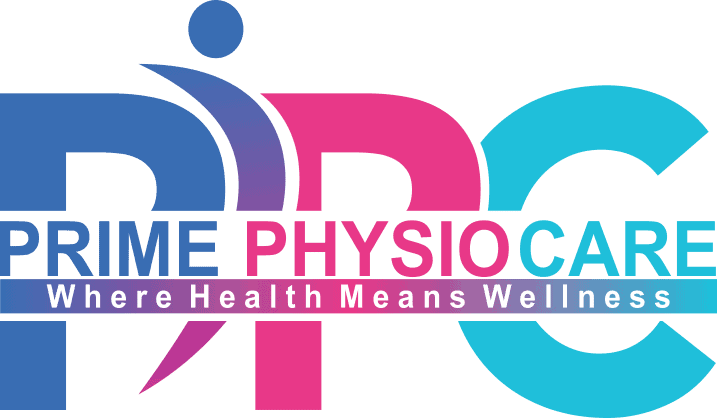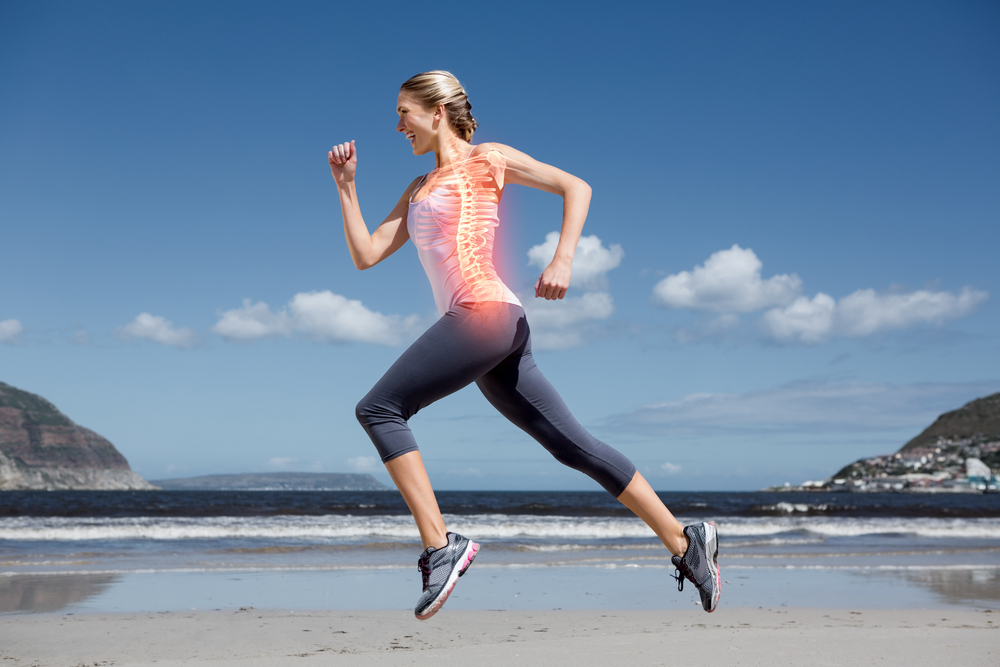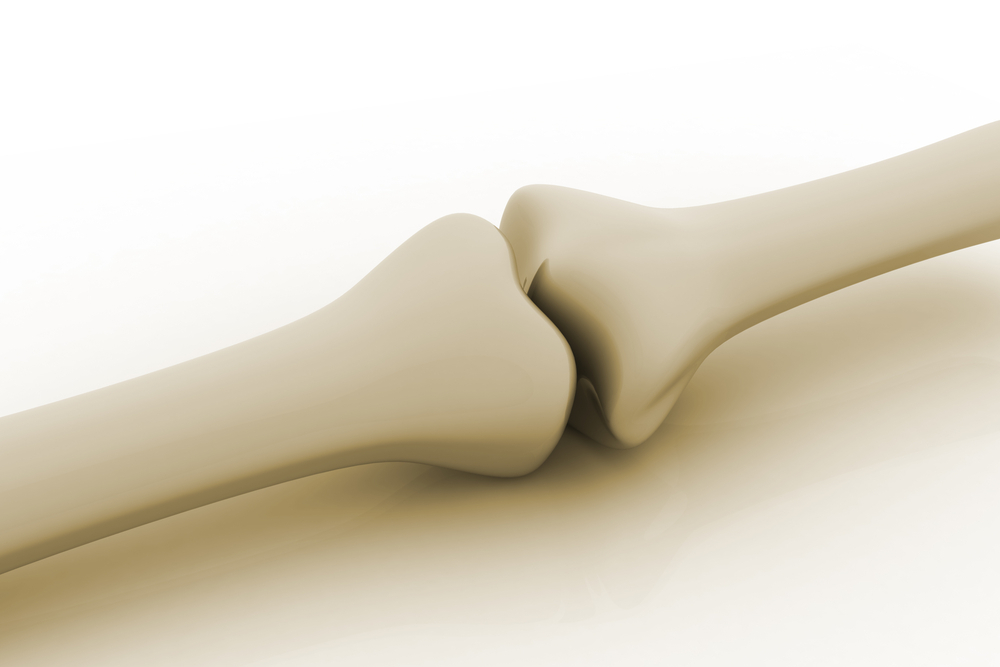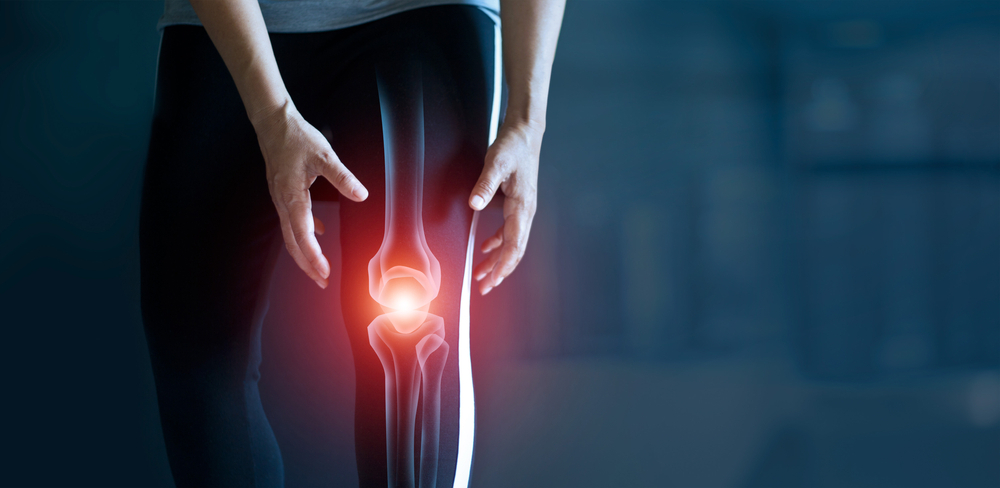12 Tips to Improve Your Bone Health
Bone health plays a vital role in our body that’s why we are focusing on the 12 tips to improve your bone health. Bones are responsible for a wide variety of functions throughout the body, including creating structure, shielding organs, securing muscles, and storing calcium. Even while it’s essential for bones to be adequately developed during infancy and adolescence, you may still safeguard bone health even as an adult by taking certain precautions.
Your Bone Health
Bone mineralization occurs during the developmental years from childhood to early adulthood. Peak bone mass is reached during the 30th year of life. There is a greater danger of developing weak, easily broken bones if not enough bone mass is generated during this phase or if bone loss occurs later in life. Fortunately, various dietary and lifestyle choices can aid bone development and maintenance throughout life.
12 Tips to Improve Your Bone Health
For strong bones, these are 12 tips to improve your bone health.
-
Eat Lots of Vegetables
Vegetables are beneficial to bone health. They have a high vitamin C concentration, which promotes bone-forming cells’ growth, making them an excellent source of this nutrient. Moreover, vitamin C’s antioxidant properties may help shield bone cells from harm, according to a few studies. The mineral density of bones, commonly known as bone density, appears to be increased by eating vegetables.
Vegetable consumption has also been linked to positive outcomes for women of a certain age. A study of women over 50 found that those who ate onions more frequently had a 20% lower risk of osteoporosis than those who ate them less often.
-
Perform Strength Training and Weight-Bearing Exercises
Incorporating certain forms of exercise into your routine can aid in bone development and maintenance. Weight-bearing or high-impact activity is excellent for bone health as it encourages the production of new bones. The amount of bone formed during optimum bone growth has increased with this activity in children, even those with type 1 diabetes.
Furthermore, it can be beneficial for warding off a bone loss in the elderly. Bone density, bone health, and bone size all increased in older men and women who engaged in weight-bearing workouts, while bone resorption and inflammation markers decreased. According to one study, there was no significant increase in bone density among older males who engaged in the most strenuous weight-bearing activity for nine months.
-
Consume Enough Protein
Maintaining solid bones requires consuming an adequate amount of protein. About half of all bone tissue is protein. According to the research, a low protein diet may affect the pace of bone growth, disintegration, and calcium absorption.
However, it has been argued that high-protein diets cause bone loss because they require more calcium to buffer the blood’s acidity. According to research, this isn’t the case for those whose daily protein intake is up to 100 grams, so long as they also consume plenty of plant foods and calcium.
-
Eat High-Calcium Foods Throughout the Day
You’ll find the most calcium of any mineral in your bones, which is why your bones are so important. Because of the continual turnover of bone cells, keeping a healthy calcium intake is essential for maintaining bone density and strength. Calcium has a Recommended Daily Intake (RDI) of 1,000 mg for most adults but 1,300 mg for adolescents and 1,200 mg for women of childbearing age and beyond.
Calcium absorption varies widely from one person to the next. Calcium intakes higher than 500 milligrams each meal are poorly absorbed by the body. To ensure adequate calcium intake, choose one of these foods high in calcium for each meal throughout the day.
-
Get a Proper amount of Vitamin D and Vitamin K
Both vitamin D and vitamin K play crucial roles in bone development, which is why it is one of the 12 tips to improve your bone health. Vitamin D aids in calcium absorption, which is essential for bone health. As a preventative measure against bone illnesses, including osteopenia and osteoporosis, it is advised to raise your blood level to at least 30 ng/ml. Studies have revealed that children and adults who do not obtain enough vitamin D have reduced bone density.
There was a significant increase in vitamin K2 blood levels with MK-7 supplementation compared to MK-4 supplementation, according to little research on healthy young women. If you’re trying to lose weight, a very low-calorie diet is something you should avoid.
Reducing calorie intake too drastically is dangerous. It can negatively impact bone health in addition to decreasing metabolism, triggering hunger pangs, and leading to muscle loss. Studies show that bone density decreases in normal-weight, overweight, and obese people on diets of less than 1,000 calories per day.
-
Consider Taking a Collagen Supplement
Although there aren’t many studies on the topic yet, preliminary findings suggest collagen supplements may aid in preserving bone health. Bones are primarily composed of collagen, a protein. Proteins like glycine, proline, and lysine found in it are essential for developing skeletal, muscular, and connective tissue.
Most people recognize collagen hydrolysate, or gelatin, as a byproduct of processing animal bones. For a long time, people had turned to it when they needed help with joint pain. Even though most research has focused on collagen’s impact on joint diseases like arthritis, it also appears to have positive benefits on bone health.
-
Include Foods High in Magnesium and Zinc
Bone health depends on several minerals, not just calcium. Magnesium and zinc are only two examples of the many additional minerals involved. Magnesium is essential for turning vitamin D into its active form, which aids calcium absorption.
While magnesium may be found in almost any food, only a select number are good dietary sources. Magnesium, glycinate, citrate, or carbonate may be helpful as a dietary supplement. Tiny levels of zinc are essential for human health. The mineral component of your bones relies on it.
-
Consume Foods High in Omega-3 Fats
Omega-3 fatty acids are well-known for their anti-inflammatory properties. They have also been demonstrated to help against bone loss naturally occurring with aging. In addition to eating plenty of omega-3 fats, It is crucial to maintain a healthy ratio of omega-3 fats in the diet; the proportion of omega-6 to omega-3 fats in the diet has been linked to decreased bone density, as demonstrated by a major study involving over 1,500 persons aged 45 to 90.
-
Don’t Smoke
Cigarette smoking has been linked to more rapid bone degeneration.
-
Avoid Alcohol
The loss of bone density can be accelerated by drinking more than one alcoholic beverage daily. Avoid it completely.
How to Make Bones and Joints Strong
It will help if you learn how to make bones and joints firm. If you want strong bones, you need to do weight-bearing workouts like running, trekking, hiking, low-impact aerobics, dance, tennis, and golf.
Did you ever wonder: how to increase bone density naturally? Bone density can be increased through diet alone. Get your vitamin C intake up by eating more citrus fruits and vegetables. Juices are made from fruit that is rich in calcium and vitamin D. Bone health can be improved by consuming vitamin K-rich fruits such as blueberries, plums, grapes, and figs.
Physiotherapy Helps to Improve Your Bone Health
Bone and muscle strength can both be improved by physiotherapy. It’s an excellent tool for warding off bone loss, minimising the risk of injury, and dealing with chronic pain. As living tissue, bone can benefit from good physical activity. A physiotherapist can help you choose bone-building activities that are both enjoyable and practical. Pain can be caused by a compression fracture, which occurs when vertebrae collapse. Pain relief is possible with physiotherapy.
Older persons have an increased risk of osteoporosis, making fractures more likely. Falling is a common health concern over the age of 65. Physical therapists can help those who are clumsy regain their equilibrium and reduce their risk of falls.
Physical therapists are the third most common compared to other medical professionals. They serve in the public sector (the National Health Service), the private sector (via private practices and independent clinics), the nonprofit sector (through health insurance programs), and the business sector (through occupational health schemes).
Physical therapists play an essential role in bone health by creating personalised exercise plans to promote bone health, boost posture and core stability, and treat the symptoms of bone problems. Most of these routines require no unique tools and may be performed anywhere. Each workout program promoting bone health should focus on the following four areas.
-
Strong
It has been scientifically shown that resistance training strengthens not only your muscles but also your bones. When a muscle is consistently challenged, it adapts by growing more extensive and robust, and the bones to which it is attached also increase in size and strength. Building muscle can help you avoid injuries from slips and falls. Your strength training regimen should include exercises targeting your major muscle groups.
-
Steady
Improve your balance, and there will be less of a possibility that you may have an injury from falls by including balance-enhancing activities in your routine. These routines need to be tailored to your specific mobility needs. Close your eyes and stand in a step stance,’ which is a common form of balancing training. Always have a sturdy object around during balance training so you can grab on if necessary.
-
Straight
People with severe osteoporosis are more likely to experience postural problems. Kyphosis, or a severe stooping of the upper back, is a common symptom of this condition. It is recommended that these individuals engage in activities that help strengthen their back muscles to keep their posture upright. Postural muscles can be maintained with “low-load” and “high repetition” workouts. Vertebral fractures and pain can be avoided by regularly exercising correct lifting and moving techniques.
-
Move
The most excellent strategy to protect your bone and overall health is to avoid long periods of inactivity in favour of regular movement. Active people may also engage in light running, jogging, dancing, or hopping. Lower impact workouts, such as strolling, are recommended for an older adult who is physically weaker, less mobile, or has advanced osteoporosis.
6 Ways to Keep Your Bones and Muscles Strong
Here are six ways to keep your bones and muscles strong, preserving muscular and skeletal health.
-
Consider Calcium
The recommended daily allowance (RDA) for calcium is 1,000 milligrams for women and 1,200 milligrams for males up to age 70.
-
Vitamin D
Aim for 600–800 IUs (international units) of vitamin D daily.
-
Fish
Bone health can be promoted by eating foods high in calcium and vitamin D. Vitamin D may be abundant in salmon, as in most other types of fish. Liver, cheese, egg yolks, oats, yoghourt, and some food supplements like orange juice also contain vitamin D.
-
Yoga
Practice yoga regularly.
-
Exercise
You can slow bone loss with weight-bearing exercises like walking and resistance training like weightlifting.
-
Eat Lots Of Calcium-Rich Food
The answer is to consume a diet rich in calcium. Calcium is found not only in milk but also in green, leafy vegetables like broccoli and spinach. Kale, okra, collard greens, soybeans, cheese, and yoghourt should all play a significant role in your diet.
Which Foods Increase Bone Density
Everyone should know which foods increase bone density. Vegetables are beneficial to bone health. They have a high vitamin C concentration, which promotes bone-forming cells’ growth, making them an excellent source of this nutrient. It has also been suggested that vitamin C’s antioxidant properties may help prevent bone cells from becoming damaged.
How to Increase Bone Density After 60
How to increase bone density after 60? Studies in children and adults have confirmed that a diet rich in vegetables aids in developing strong bones and preserves bone mass well into old age. Consuming enough calcium daily is essential for maintaining healthy bones because it is the primary mineral found in bones. Calcium is best absorbed if consumed in small amounts throughout the day. Bone loss can occur with inadequate protein consumption, whereas an adequate protein intake can protect bone health in older age and during weight loss.
Food for Strong Bones and Joints
Weatherford claims that appropriate calcium and vitamin D-rich products can improve immunity and bone health as they are the best food for strong bones and joints. Calcium and vitamin D are added to many processed meals, making it simpler to consume the appropriate amounts. Lack of calorie intake, even when supplemented with strength training, has been linked to lower bone mineral density. Preserve your bone health by eating a well-balanced diet of at least 1,200 calories daily.
The 5 Recommended Foods By BIDMC Nutritionists
Following are the five recommended foods by BIDMC nutritionist:
-
Calcium-Fortified Cereal
Be sure to get your daily calcium intake early. Select a low-sugar, high-fibre (>3g) cereal fortified with calcium, and then top it up with milk or a milk substitute. When combined with a cup of milk, whole grain cereal provides 600 milligrams of calcium.
-
Salmon
Vitamin D3 is found in high concentrations in fatty fish. One serving of wild-caught salmon (3 ounces) has more than your daily recommended vitamin D intake.
-
Dark Leafy Greens And Vegetables
Add diversity to your diet by eating many kinds of dark green vegetables. Spinach, kale, Swiss chard, and bok choy are just a few examples of the many types of leafy greens available.
-
Yogurt
Yogurt, which is only 8 ounces, has 400 milligrams of calcium and is high in protein and beneficial bacteria for gut health. For a nutritious and filling snack, non-fat yoghurt or Greek yoghourt (which has more protein) are great options.
-
Milk Alternatives
All non-dairy milk, such as almond, soy, cashew, and hemp, typically has added vitamin D and calcium. Drinking almond milk can meet up to 45% of your daily calcium and 25% of your vitamin D needs.
How to Check Bone Density at Home
Do you know: how to check bone density at home? Bone density tests are also available as at-home tests with the help of portable devices. The density of the bones in your fingers, wrists, and heels can be measured using a small, transportable gadget. These tests are commonly performed with what are known as “peripheral devices” at events like health fairs.
Conclusion
Strong, healthy bones may help you enjoy an active lifestyle well into old age. To reduce bone loss and fractures as adults, you must establish and maintain healthy bone health in childhood. Keeping active and eating a well-balanced diet rich in calcium, vitamin D, and other nutrients your body may require will help you keep your bones strong and healthy. A personalised program created by your physical therapist at Prime Physio Care can aid bone health maintenance
How can you book an appointment?
We aim to see you within 24 hours so contact us to make an appointment either online at www.primphysiocare.co.uk or to find out more information on how we can help you, please call us on 07515280990 or email us primephysiocareluton@gmail.com. We are one of the best clinics whose physios are registered with HCPC, CSP and Physio first as well have enormous experience.
Frequently Asked Questions
Q. What can we do to age gracefully with strong bones?
Ans. You can take steps to protect your bones from weakening at any age. Consuming calcium- and vitamin D-rich foods is crucial. Weight training, walking, hiking, jogging, stair climbing, tennis, and dance, are all great examples of weight-bearing exercises.
Q. What should you eat to strengthen your bones?
Ans. Vegetables are beneficial to bone health. Vitamin C, abundant in these, encourages the body to make more bone tissue.
Q. How can I strengthen my bones the most effectively?
Ans. Bone health is best achieved by weight-bearing and resistance training. Working against gravity is a critical component of weight-bearing workouts. Walking, hiking, climbing stairs, tennis, and dancing are examples.
Q. The ageing process raises a fascinating question: what happens to our bones?
Ans. The porousness of your bones will eventually cause them to break easily. Bone mineral density decreases over time as a result of age-related bone loss.




